Why are my mouth dry when I wake up?
If you ask yourself why is my mouth so dry when you wake up, then it probably implies that the feeling of thirst is stronger than normal. If it only happens occasionally, there is no need to panic. Even if it happens quite often, do not panic because it is certainly not a medical emergency. But you need to consult a doctor.

There are so many causes of dry mouth and dry tongue. We will focus on the health problems and habits that most often lead to excessive thirst and dry throat later in the article. Some of the most benign causes may also be vigorous physical activity, dry air and above mentioned.
What is saliva and why is it important?
Saliva can be annoying at times. But saliva, or colloquially spit, is a fluid that is very important for the functioning of human body. Saliva is secreted by the salivary glands in the mouth, and it consists of 99% water, as well as mucus, white blood cells, enzymes and other substances.
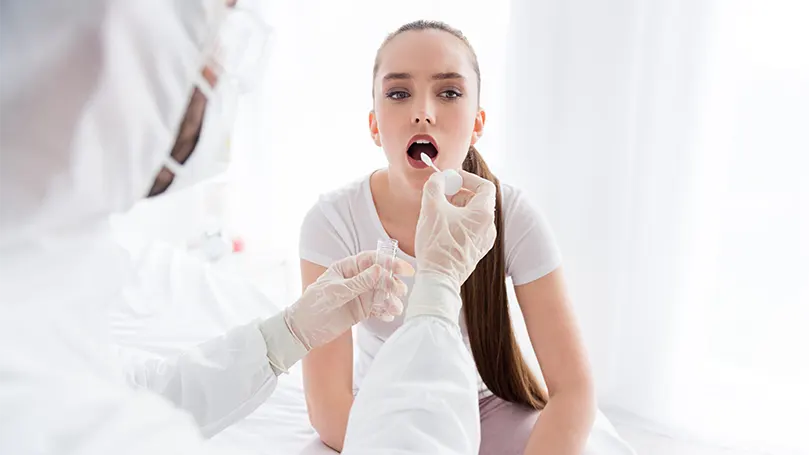
Enzymes in saliva start the digestion of starches and fats and that is the main role of saliva. This fluid is also necessary because it lubricates the inside of the mouth and protects the teeth from caries. Most of those who have hypersalivation, increased saliva production, have to go to the dentist less often because saliva “cleans” the teeth and oral cavity. Saliva in animals has an even bigger role, but that is not important for this article.
Can dry mouth cause other problems?
Dry mouth can certainly cause many other problems and therefore should not be left untreated. When you don't have enough saliva, it implies that everything that saliva generally affects will suffer. First comes tooth decay and gum disease. The dentist will certainly ask you if you are lacking saliva when sudden tooth decay happens. A dentist may notice xerostomia as well. Unhealthy colour of gums is another indication.
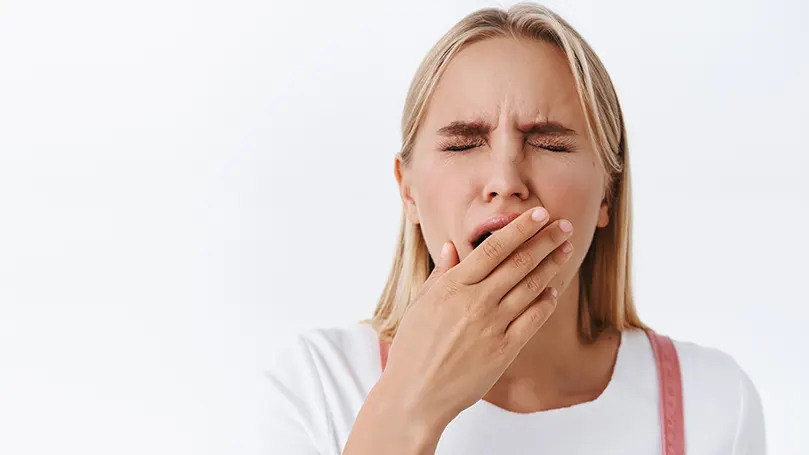
Digestive problems are also common, as is malnutrition, because the body cannot properly process all the food you eat. Problems with the sense of taste are also common. In extreme cases, xerostomia may even cause anxiety and depression.
The most common causes of dry mouth
You are probably going to be surprised how many different conditions can cause dry mouth. We have singled out the most common causes, and there are certainly some other causes, but they are very rare. This article is not intended to be a substitute for professional medical advice and should not be relied on as health advice, so you should definitely seek the advice of your doctor. Our intention is to help you narrow down potential causes.
Mouth breathing
If you sleep with your mouth open, it is logical to wake up with a dry mouth. It is necessary to determine why you sleep with your mouth open and why you breathe through mouth because it is very unhealthy. Doctors often draw a parallel between mouth breathing and eating through the nose since neither is natural nor healthy. Of course, such a comparison is an exaggeration, but the point is obvious.

The adenoid, the so-called third tonsil, can block air from flowing through the nose, and that is why doctors believe that the adenoid is most often the culprit for mouth breathing. Obesity, snoring and obstructive sleep apnea are among the common causes too. If none of these are the cause, then you need to look for another health condition.
Sleep apnea can cause dry mouth
We mentioned sleep apnea in the previous paragraph, but sleep apnea is much more than just mouth breathing, and that's why we have to say more about it. Sleep apnea can't kill you instantly, but it can significantly damage your health, and that's why you need to do a sleep apnea test right away.

If you have pauses in your breathing during the night and wake up feeling like you're coming out of water, there's a good chance you're suffering from obstructive sleep apnea-hypopnea syndrome (OSAHS). Almost 30% of adults suffer from sleep apnea, and the majority of them suffer from obstructive sleep apnea, while a smaller number suffer from central apnea. Many different diseases are associated with sleep apnea, and it is necessary to treat the underlying medical condition, change the lifestyle and use CPAP to treat the apnea and thus dry mouth.
Some medications can cause dry mouth
Every medication has certain side effects, and dry mouth is one of the side effects that you will encounter most often. This can become a significant problem if the medicine you have to take regularly to manage a serious health condition causes dry mouth.
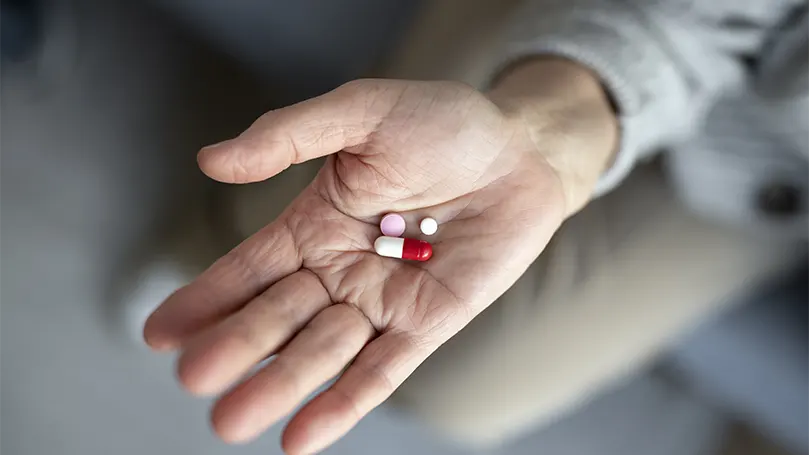
Medicines for high blood pressure, anxiety, Parkinson's disease and different pain killers are just some of the many that lead to dry mouth. If you know that taking a certain medicine is not only temporary, and it causes dry throat, consult a doctor. There may be an alternative that won't create an additional problem for you now that you have the other problem under control.
Age
There is practically no function that does not decline as we age. It is a sad reality that we have to accept. Our sight, hearing and motor skills deteriorate over time, and so does our mental capacity.

Dry mouth is something that more than 70% of the elderly report. Usually, xerostomia occurs due to medications that the elderly take for chronic diseases. But the aging of the salivary glands is also a potential cause. Today, it is possible to solve this problem in various ways, and one of the most popular is artificial saliva. Although it is only a temporary substitute for saliva, it will relieve symptoms.
Diabetes
When you complain to your doctor that you have problems with dry mouth, probably the first question will be whether you have recently checked your blood sugar level since xerostomia is one of the first symptoms of diabetes.
Why does diabetes cause a dry throat? A high level of sugar in the blood, among other things, affects the fluid balance, and therefore if you do not control the blood sugar level, you will constantly be on the verge of dehydration. When you are dehydrated, your mouth is dry, because saliva is mostly water. However, even when you start taking diabetes medication, it is possible that this symptom will remain, because it is a side effect of many diabetes medications.
Alzheimer’s disease
Alzheimer's disease is a progressive neurological disorder. More than half a million people in the UK have Alzheimer's disease. It is a progressive disease that causes brain atrophy and brain cells to die. Usually there are three stages early, middle and late.

During the early stage, life has not changed significantly because the person is still able to do most things by himself or herself, even though there will be certain memory problems. The middle stage usually lasts the longest and the symptoms vary. The patient can still do many tasks, but help is needed. Changes in behavior are noticeable. Dry mouth is a symptom that is common in the late stage. Alzheimer's disease does not cause problems with saliva, but the person is no longer conscious enough to hydrate or to ask someone else for fluids. That is why it is necessary for the caregiver to take care of it.
Cancer
Did you know that salivary gland cancer exists? This is a very rare form of cancer, but it is possible for malignant cells to invade the tissue of the salivary glands. Other forms of cancer in the head and neck region also affect the work of salivary glands and thus mouth moist.
Radiation treatment can cause both short-term and long-term dry mouth. If the salivary glands are damaged during the radiation, then it is irreparable damage. Chemotherapy is infamous for dry mouth too. It usually causes short-term problems when the therapy just starts, but it can occur even after several years.
Tobacco
It has been proven that long-term tobacco consumption affects the salivary flow rate. That is why smokers have much more frequent problems with gum disease and overall poor oral health. Also, immediately after smoking a cigarette, you will feel that your mouth is dry and that you are thirsty. Oral health is just one of the many reasons why you should quit smoking.

Alcohol
After a night out, we are always very thirsty in the morning. We can't wait to grab a bottle of water and drink a large amount to quench thirst. Have you ever thought about why this happens? The answer is alcohol. Alcohol leads to dehydration, both in the mouth and in general. Mouthwash with alcohol causes dry mouth for the same reason. And in general, alcohol is a diuretic and that's why you will be dehydrated after consuming it.
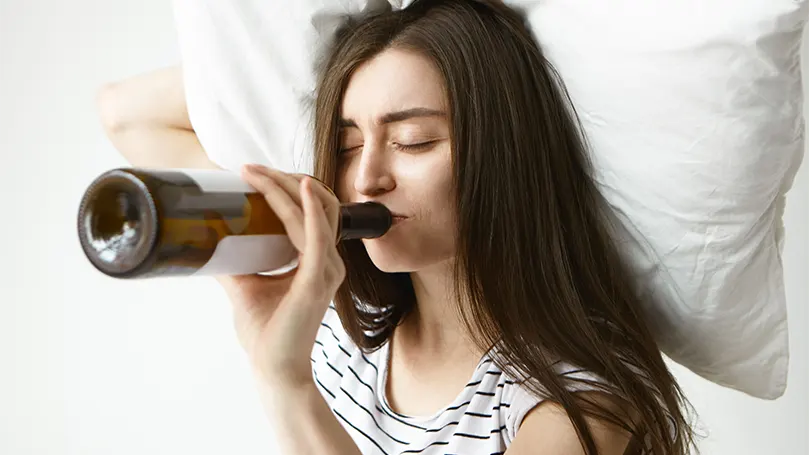
Drug abuse
Recreational drug use is not safe although it has become socially acceptable. It can damage your heart, liver and brain. MDMA and other synthetic drugs affect saliva in the same way as tobacco. No matter how much water you drink, your mouth will remain dry and this will only change after 10 or more hours have passed because the liver needs so much to expel substances from the bloodstream. Regular use of synthetic drugs inevitably accelerates tooth decay because of the highly acidic properties. Drug addicts almost always have poor oral health.
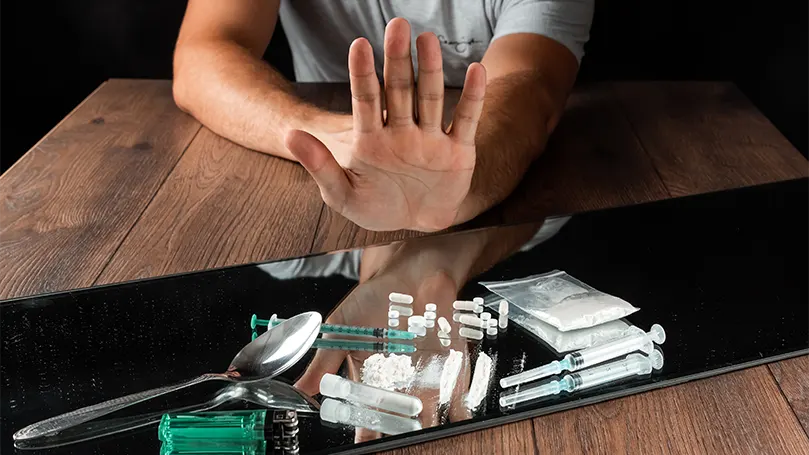
How to treat dry mouth?
You can certainly treat dry mouth if your habits are to blame, and not some disease. But even if there is an underlying medical condition, the following tips will help you alleviate the symptoms of xerostomia and prevent the condition from causing you significant problems. If you fail to notice any improvement, seek professional advice to get clarification whether you are doing everything right or not.

Get a humidifier
Both dehumidifier and humidifier are very useful devices, and in this case we need a humidifier. It is a device that moistens the air to reduce irritation of the airways, skin and throat. You can use it when you have flu, cold, allergy and many other problems, including dermatological ones. Although it may seem like a good idea, avoid using essential oils and a humidifier together.
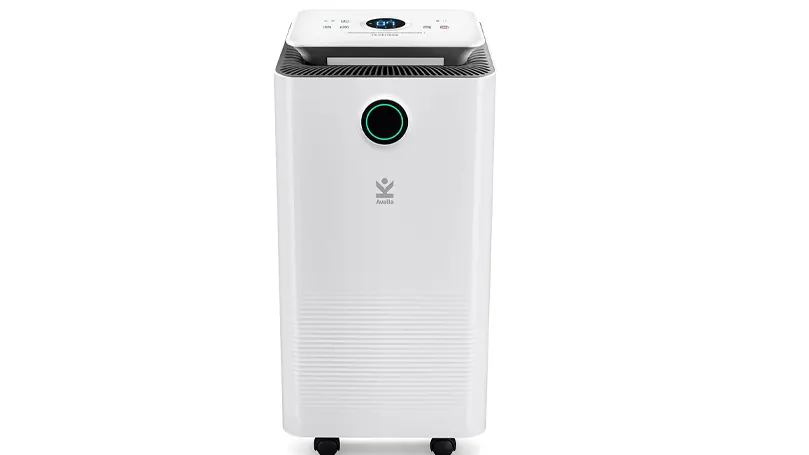
Stay hydrated
We can live without food for weeks, but only a few days without water. We believe that you will not die of thirst, but people who drink small amounts of liquid on average have an increased risk of many diseases. Strive to drink around 2 liters per day when you are moderately physically active and when the temperature is not high. During the summer and when you are physically active, you can drink twice as much water and other liquids.

Skip medications
Skip medications only if your doctor has told you it is safe to do so. If you have the green light from your doctor, then you can occasionally skip medications to reduce dry mouth. In other cases, find another way to deal with this problem.
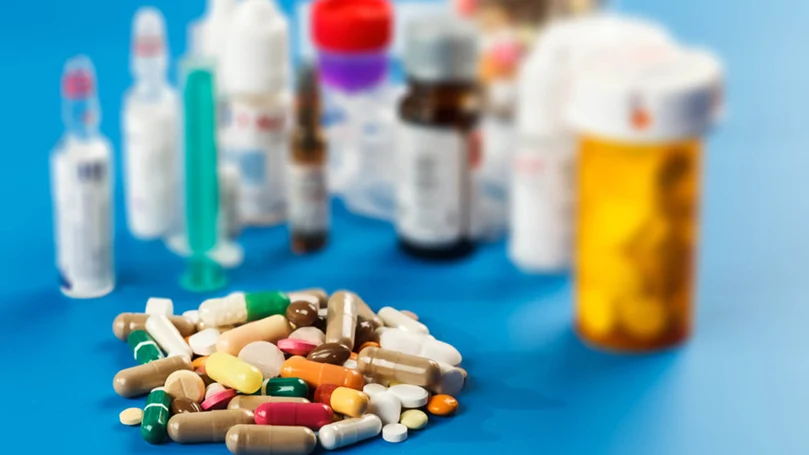
Avoid sugar
First of all, you should avoid sugar, especially added sugar, in order to reduce the probability of getting diabetes and not to damage the health of the oral cavity. The natural sugar found in fruit and honey is not as harmful as the glucose-fructose syrup that is added to most confectionery products. Don't forget hidden sugar like one in chewing gum. Rather go with sugar free gum and similar sugar free options.
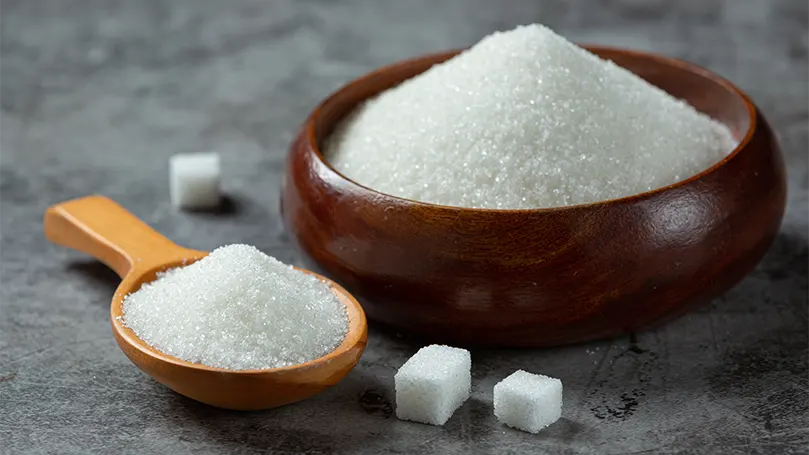
Quit smoking
We know that we have already mentioned that you should quit smoking, but we cannot emphasize enough the importance of that. Until about 70 years ago, tobacco was considered healthy. But during the 50s, thanks to the famous American broadcast journalist Edward R. Murrow and others who pointed out the harmful effects of tobacco, large funds were invested in research. We know the results, and that is the pernicious effects of smoking on health.
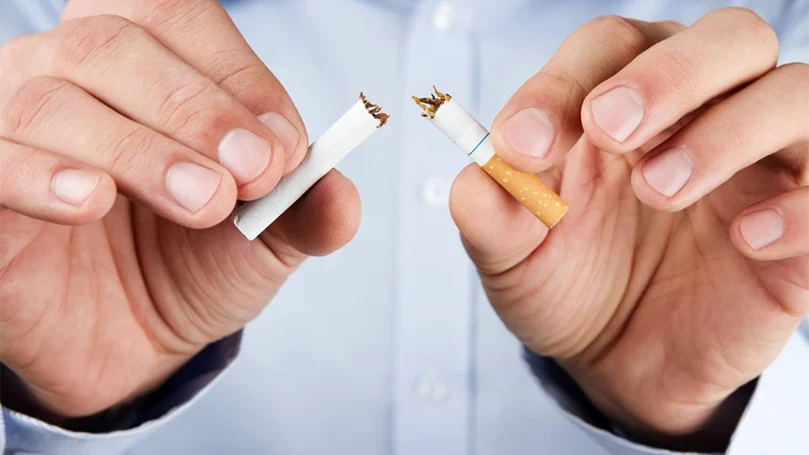
Improve oral care
Without proper oral care, you will surely have problems with your gums, bad breath and teeth. Brush your teeth at least twice a day. It is best to do this when you wake up and then after every meal. In this way, you will remove food residues and caries will not have anything to feed on. Use a mild mouthwash and pay a visit to the dentist once every 6 months.
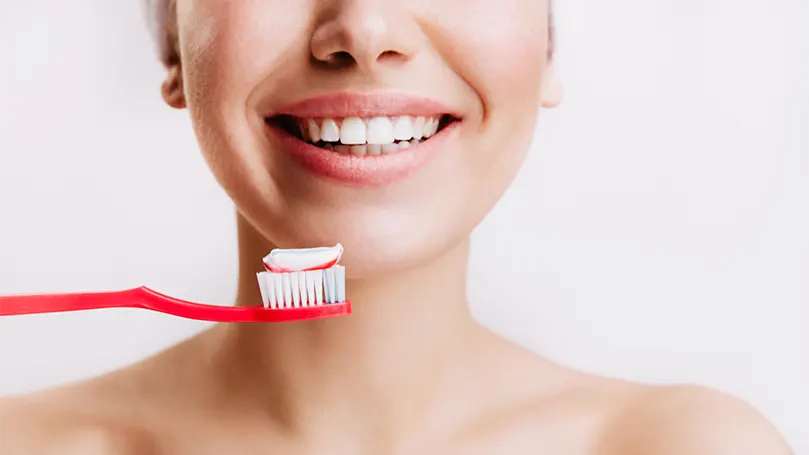
Do not breathe through mouth
Think about breathing. Of course, breathing takes place unconsciously because it is controlled by the respiratory centers in order to keep breathing even when we sleep. But pay attention to whether you are breathing through your nose or you are using your mouth too. Try to keep mouth closed and even take advantage of mouth tape if there is no other solution.
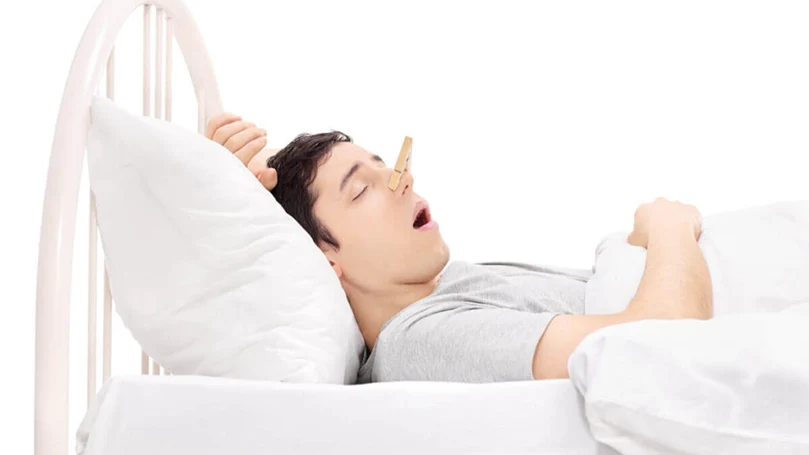
When is it time to visit a doctor?
There are so many different reasons why you may wake up with a dry mouth that it is impossible to tell when it is the right time to visit a doctor. This is not a cause for alarm, but it is not something to be ignored either. First, wait to see if you have caught a cold or flu. Then check the sleep environment, because if it is dry and hot in the bedroom, it is logical that you wake up with a dry mouth.

After that, think about whether this is a recurring phenomenon and whether you eat too much salty food for dinner or drink alcohol every day. Once you rule out all causes of that kind, it's time to see a doctor. The cause can still be something completely harmless, but better to be safe than sorry. If you get a treatment plan, stick to it until you see progress. After that, talk to your doctor again so he can tell you whether to stick to the same routine or change something.



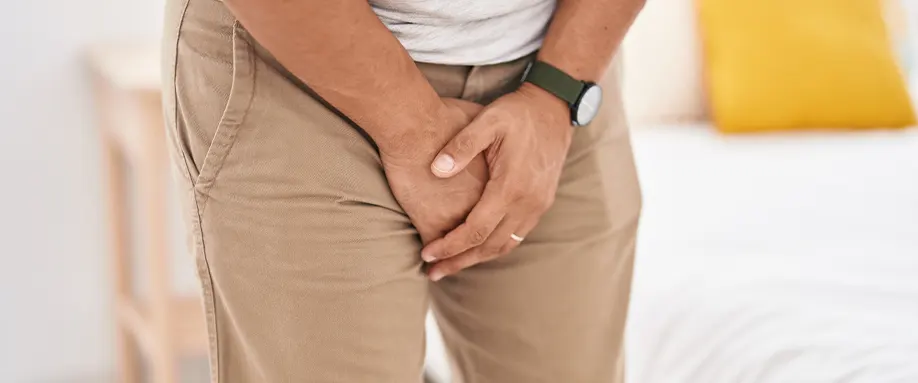











There are no comments yet
"*" indicates required fields